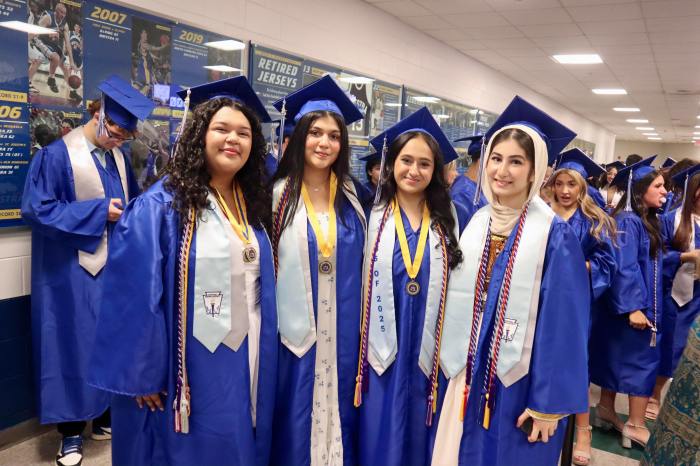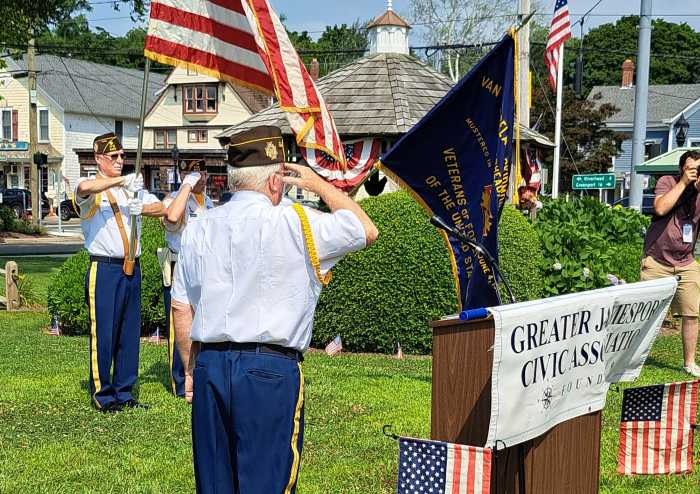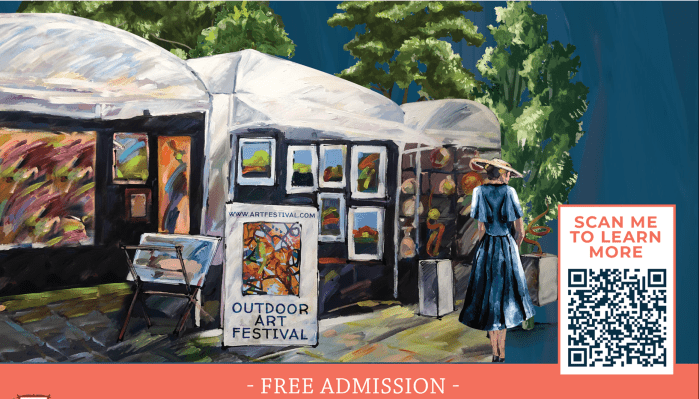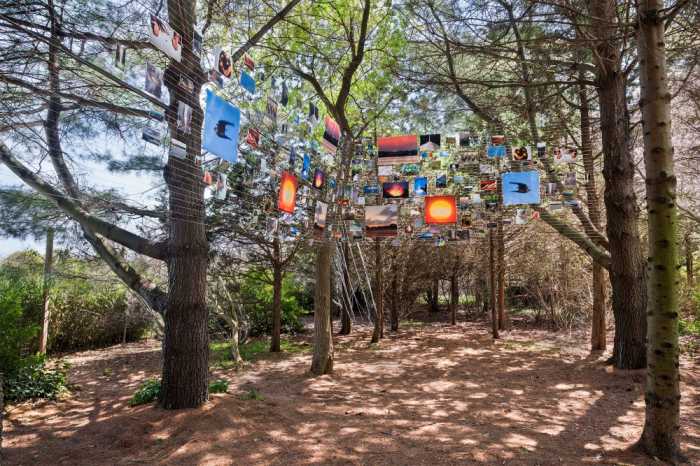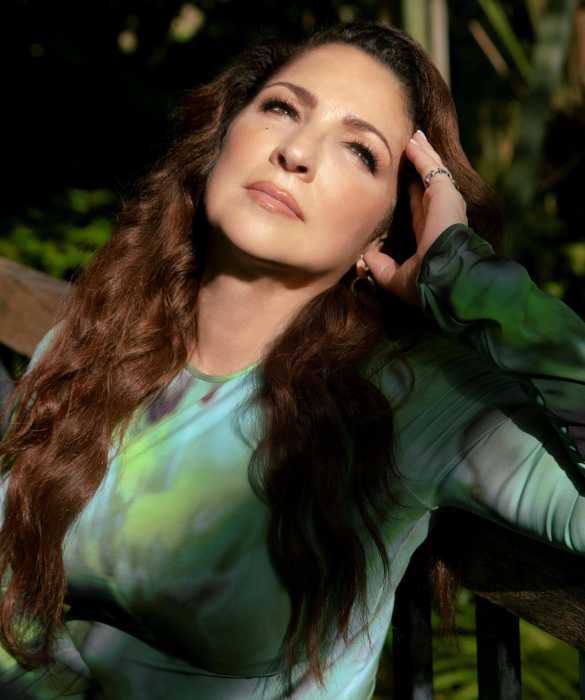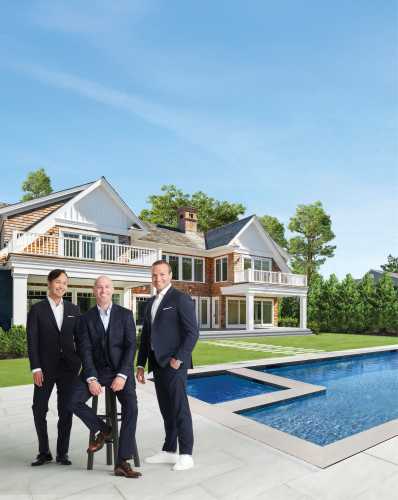Next month, St. Jude’s Episcopal Church in Wantagh celebrates not merely a decade of pastoral service by the Rev. Christopher Hofer, but a writ small reflection on the nature of spiritual leadership; how a charismatic individual can enter a moribund institution and reject entirely the notion of managed decline and wholly embrace the possibilities of rejuvenation. Father Hofer took a parish church that was dwindling in numbers, rapidly ageing, and dysfunctional in some respects — an unlikely home for newcomers from the now-defunct St. Francis Episcopal Church of Levittown — and crafted it into a burgeoning one overrun with young families and children.
The irony of its namesake patron saint is not lost in the mix and whilst St. Jude’s has become, again, the kind of parish many over fifty remember in their Baby Boom youth, there is much work to be done in the painfully uncertain future. Father Christopher and the vestry harbor no delusions in this respect; are not blinded by nostalgia for 1956 when the church was established in an entirely different America on a wholly different Long Island when life in the suburbs arrived with assurances for even the most modest working class family. Indeed, his own story as a gay priest from the mid-West who married his husband in the Episcopal Church in 2011 before his jubilant parishioners is one of seemingly insurmountable obstacles. Those which await in the future shall be no less challenging.
Father Christopher’s ministry has meant different things amongst his parishioners. For me, he represents the personalization of a worshiping community. Throughout most of my life, I’ve been possessed of a bifurcated comprehension of religion: observing it to be an impediment when manifest in the intransigent and doctrinaire but, in a more progressive paradigm, as the process of natural selection in the evolution of our understanding of the Creator.
The latter characterization likewise accounts for my having become enamored of Christianity practiced in the Anglican tradition of the Episcopal Church whereupon the philosophically untenable posits of fundamentalism and atheism are addressed. This is, however, an abstraction. The personalization of which I speak, of which Father Christopher’s spiritual leadership has assumed, is reflected in the Book of Common Prayer in which the faithful entreat the Lord to be delivered “from the presumption of coming to this table for solace only, and not for strength; for pardon only, and not for renewal”.
What does St. Jude’s Episcopal Church and its pastor mean to Wantagh and the surrounding communities included amongst its parishioners, even to non-Episcopalians, besides a place whose door is open to everyone? It means that even whilst adopting to a changing world, our basic institutions must be bastions of unchanging principals and values.
The institutions that preserve our civilization’s cultural, historical, scientific, and spiritual heritage are currently under siege by the apathy of a society that lionizes narcissistic hedonism. All goodly and thoughtful people who yearn for the meaningful in life are in the same boat.
Paul Manton
President
Levittown Historical Society & Museum






